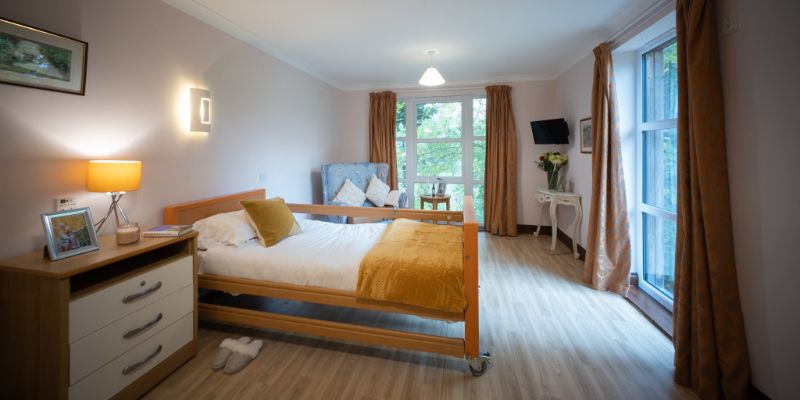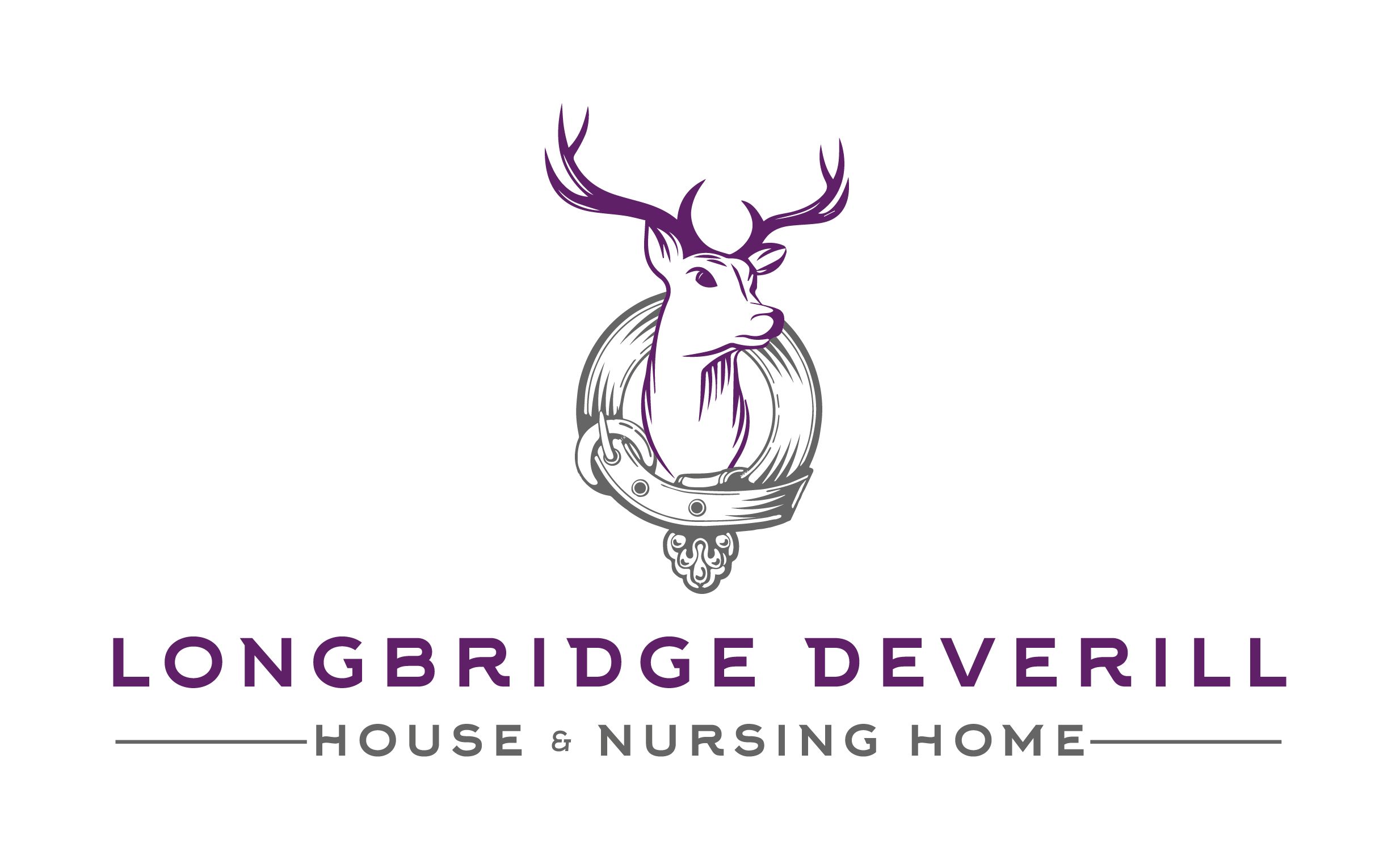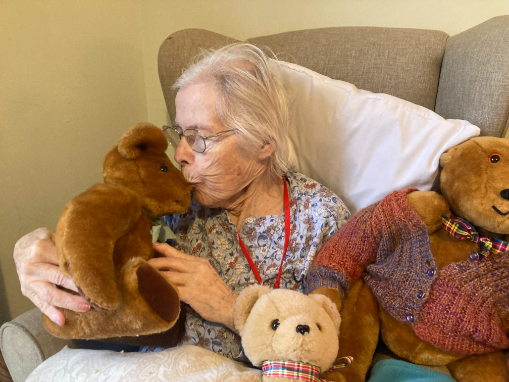How Much Are Home Costs in Wiltshire?

In the UK, and especially in Wiltshire the demand for care homes and nursing homes is on the rise and as a result, costs have also increased. The cost of care in the UK is among the highest in Europe, so finding suitable care options can be challenging for those seeking care for themselves or a family member.
This article looks into the expenses associated with care and nursing homes in Wiltshire and the UK average, as well as the services and amenities that they offer. Additionally, we shed light on the financial assistance and funding support available to individuals who require extra help.

Care Home Fees in Wiltshire
The location of the care home and nursing home also significantly influences fees. On average, care homes and nursing homes in London or the South of England tend to be more expensive compared to those in the North of the UK.
Wiltshire Average Weekly Care Home Costs*:
- Residential Care: £1,042
- Nursing Care: £1,265
- Residential Dementia Care: £1,094
- Nursing Dementia Care: £1,316
- Residential Respite Care: £1,126
UK Average Weekly Care Home Costs*:
- Residential Care: £972
- Nursing Care: £1,196
- Residential Dementia Care: £1,021
- Nursing Dementia Care: £1,248
- Residential Respite Care: £1,050
Note that these are still just averages. The price of individual care homes within Wiltshire will vary based on location, amenities, reputation, and the specific care needs of the resident. Care home costs in Wiltshire tend to be higher than the UK national average, especially for nursing care and specialised dementia care services.
If you're considering a care home in Wiltshire, it's important to factor these higher costs into your budget. Keep in mind that prices will vary between individual care homes, so it's essential to get quotes from several to compare options and find the best fit for your loved one's needs and your financial situation.
* Based on internal data and local authority funded fees.
Average UK Cost of Care
Care homes across the UK, structure their fees differently. The cost of care varies depending on the range of services offered, making it challenging for families to compare prices. Some homes may provide a fixed weekly or monthly rate, while others adopt a 'pay as you go' approach.
It's important to remember that residents may have to pay additional charges for extra amenities such as visiting the in-house hairdressers, participating in day trips and engaging in some social activities. These additional costs are not always included in the standard care fees.
When looking for a home, it is always important to ask what is included in the fees and if there would be any additional costs that you should be made aware of as this may help you decide what care home is the best option for yourself or a family member.
Residential Care Home Fees
Residential care refers to when an individual can live independently for the most part, but may require assistance with certain daily tasks or personal care such as dressing, washing, or mobility. Typically, these care costs will cover personal care costs as well as accommodation, meals and certain social events and activities.
Residential care can often be offered within a specialist care home, meaning that as care needs change, the care and support needed can still be offered without residents having to move to a different home. Residential care is also ideal for both independent and group living and it can be beneficial to be surrounded by like-minded individuals, whilst receiving the support and care needed to continue doing the things you love.
Costs of Dementia Care
Dementia care is a specialised care service dedicated to supporting individuals living with dementia. Nearly one million people in the UK are affected by this condition, and this number is expected to increase with the growing population.
Compared to residential care, dementia services incur higher costs per week due to the level of care and attention required to support individuals effectively. Care homes may offer residential dementia care, specialist dementia care, or both so it is important to research homes to find one that can best provide for your or a loved one's care needs. Staff members that work in a care home offering dementia care will have undergone extensive training to ensure they can provide the best possible care for a range of needs.
Respite Care Costs
For those opting for respite care initially, the fees may be slightly higher as it involves short-term care. Most homes will have a minimum stay of a few weeks but will allow short-term residents to reside in the care home for a number of months.
Many people use respite care as a trial and decide to stay in the home after their respite care ends because they like the way of life in a care home. Many care homes are able to transition these short-term residents into permanent ones by updating their care plans and making sure that they have the most appropriate care option for them.
Nursing Care Costs
Nursing care is one of the more expensive care home services, because of the needs of individuals that use nursing care as a service. If an individual is unable to continue living independently and requires intensive personal and medical care, nursing care is usually the most appropriate option for them. You can expect nursing home fees to be charged on a weekly or monthly basis, depending on the specific care home.
The average nursing home cost should be expected to cost more than residential care, as the individuals require personal and medical care 24 hours a day. Despite the higher cost, fees for nursing homes most commonly include accommodation, meals, and the nursing care itself. When residing in an all-inclusive care home, these people may also have access to in-house facilities on a regular basis.
Palliative Care Costs
Commonly known as end-of-life care, palliative care is for those who are living with a terminal illness or are in the final stages of their life. Care homes that provide Palliative Care ensure that residents are comfortable and are surrounded by a variety of healthcare professionals around-the-clock. They also provide emotional support for family members of those using this care service. Palliative care costs can vary depending on the complexity of needs as well as the care home itself.

What You Should Expect From Care Home Fees
Living in a care home has various expenses, including accommodation, meals, access to medical care, and physical and mental support services. However, it is important to confirm with the specific care home that you are looking at what services are included and not included in their fees. While some care homes offer an all-inclusive package, others may provide additional services for an extra cost, such as social activities, hairdressing, and transportation.
Living in an All-Inclusive Care Home
In the UK, all-inclusive care homes are gaining popularity due to their comprehensive approach, offering a flat fee that covers all services and amenities like accommodation, meals, personal and medical care, as well as social activities. Although they tend to be pricier than other care homes, all-inclusive options come with several benefits. They provide families with greater certainty regarding care expenses and help avoid unexpected charges or hidden fees.
As the cost of living continues to rise, all-inclusive care homes offer reassurance by providing all essential care and support without the added worry of utility costs, energy bills, and other daily expenses. However, it's essential to thoroughly review the fee structure of each care home to fully understand which services are included in their overall costs.
Who is Expected to Pay Care Home Fees?
In most cases, individuals needing care or their families are responsible for covering the costs. However, if they face financial challenges and cannot afford the care home costs, they may be eligible for financial support from their local authority or their local NHS which is called NHS continuing healthcare. Council funding is dependent on an individual's assets and financial situation and NHS-funded nursing care is dependent on the medical needs of the person who requires care.
Finding Out if you are Eligible for Financial Help
Depending on an individual's situation, the local authority may provide assistance in covering care costs. To get local council funding you must undergo a means test, which involves an assessment based on your income and assets. If the means test results show that your savings are below a certain threshold, you may qualify for financial support.
If an individual's assets exceed the eligibility criteria, a deferred payment agreement may be an option which is again through the local authority. Under this arrangement, your local authority will cover the care costs until the assets are sold.
Another avenue to consider is applying for NHS Continuing Healthcare (CHC) funding. This funding is available to individuals with significant healthcare needs, and obtaining it requires an assessment by a healthcare professional.
Self-Funding Your Care Home Fees
Self-funding for care homes is when an individual or their family covers the full cost of their care without any financial assistance from the local authority or the NHS. This means they are responsible for all personal care expenses, including accommodation, meals, housekeeping, and any other services or amenities provided by the care home or nursing home.
This funding option is often suitable for individuals who have savings and assets that can be utilised to pay for their own care. It may also be chosen by those who do not meet the eligibility criteria for funding from the local authority or NHS.
The cost of care home fees can vary based on factors such as location, amenities of the care home, and the level of care required. Self-funding represents a significant financial commitment, and it is vital to carefully assess the costs and available options before making a decision.
What is Included in Local Council Support Services
Financial assistance for care homes or nursing homes provided by local authorities is for individuals who need care but are unable to pay the full amount themselves. This funding is subject to a means test, where the individual's assets and income are assessed.
If an individual qualifies for funding from the local authority, the council will cover their care fees. It is important to know that the amount of funding offered by the local council depends on the individual's circumstances and can vary between councils. Local councils can include the costs of basic care home services, such as accommodation, meals, and personal care. However, not all care homes accept local authority funding. Some may have specific eligibility criteria or may only cater to privately paying residents.
Local authority pay plans may not fully cover the entire cost of care home fees and a top-up fee might be necessary. If an individual's income or assets exceed a certain savings threshold, they may need to cover the remaining cost of their care themselves. Additionally, it's worth noting that council funding may not extend to cover the expenses of extra services or amenities, like transportation, social activities or personal items. If an individual requires these services, they may need to pay for them separately or search for a care home that includes them in their fee structure. To be considered for local authority funding, a financial assessment will be required.
What to Expect From NHS Continuing Healthcare
NHS funding for care homes is commonly known as NHS Continuing Healthcare Funding (NHS CHC). It comprises a comprehensive package of care and support offered by the NHS to individuals with significant healthcare needs.
CHC funding can cover the expenses of nursing home and care home fees, along with other healthcare-related care costs. Unlike local authority funding, NHS CHC is not means-tested, making eligibility solely based on an assessment of an individual's personal healthcare requirements.
To be eligible for NHS-funded nursing care, the care seeker must have complex and ongoing healthcare needs, such as severe disabilities, long-term illnesses or terminal illnesses. The eligibility assessment is carried out by a healthcare professional, such as a registered nurse or doctor, who evaluates the individual's care needs and the complexity of required support.
When an individual is deemed eligible for NHS-funded nursing care, the NHS covers the entire cost of their care fees, encompassing accommodation, meals, personal care, and nursing care. It can also include other healthcare-related expenses, like medical equipment and medications.
It's essential to understand that NHS Continuing Healthcare funding is not guaranteed and eligibility can vary based on individual circumstances, particularly if specialist care is needed. If an individual is not eligible for NHS funding, they might still qualify for other forms of financial support, such as funding from their local authority or deferred payment agreements, depending on their current savings and assets from a financial assessment.
The 2025 Care Home Fees Cap
The UK government has taken a significant step to try to alleviate the financial burden on elderly individuals seeking residential care homes and nursing homes. Starting in October 2025, they will implement an upper capital limit on care fees, capping personal care expenses at £86,000. This measure aims to provide reassurance to both the elderly and their families who may require long-term care. Once the fee cap is reached, individuals can retain more of their savings and assets which may reduce the need for funding from the local authority.
It is important to note that the care home fees cap covers residential care, nursing care and personal care needs only. Additional expenses, such as social activities, outings, and salon treatments, are not included and must be paid for separately from the care seeker's personal budget.
However, it's crucial to note that this care fees cap applies solely to care seekers in England and does not include Northern Ireland, Scotland, or Wales.



Experience High-Quality Care in a Homely Setting at Longbridge Deverill Care Home
Longbridge Deverill Nursing Home is a purpose-built all-inclusive care home providing first-class care services in a welcoming and friendly environment. Our dedicated and experienced care professionals take pride in the high-quality Specialist Dementia Care, Respite Care, Residential Dementia Care, Nursing Care, and Palliative Care they provide 24 hours a day, 7 days a week.
Residents can expect to live a rich and meaningful life at Longbridge Deverill alongside like-minded individuals. We collaborate with residents and their family members to create a personalised care plan that outlines their needs, preferences and any decisions allowing us to provide a continuum of care. This means that as an individual's care needs develop, we can adapt our care based on this to keep them comfortable durign the whole time they reside with us.
As part of our in-house facilities and amenities, we offer an all-inclusive activities programme, landscaped & rooftop gardens, hair salon and a luxury minibus. Our residents are encouraged to fill their days with what they enjoy the most, whilst trying out new interests in a safe and secure environment.
Find Out More Information About Our Care Home in Warminster
If you have any further queries regarding how you should pay for care or about our care services and facilities, get in touch with a member of our friendly team. Either email us at info@longbridgedeverillcare.co.uk or call 01985 211511 and someone will be in touch as soon as possible.






